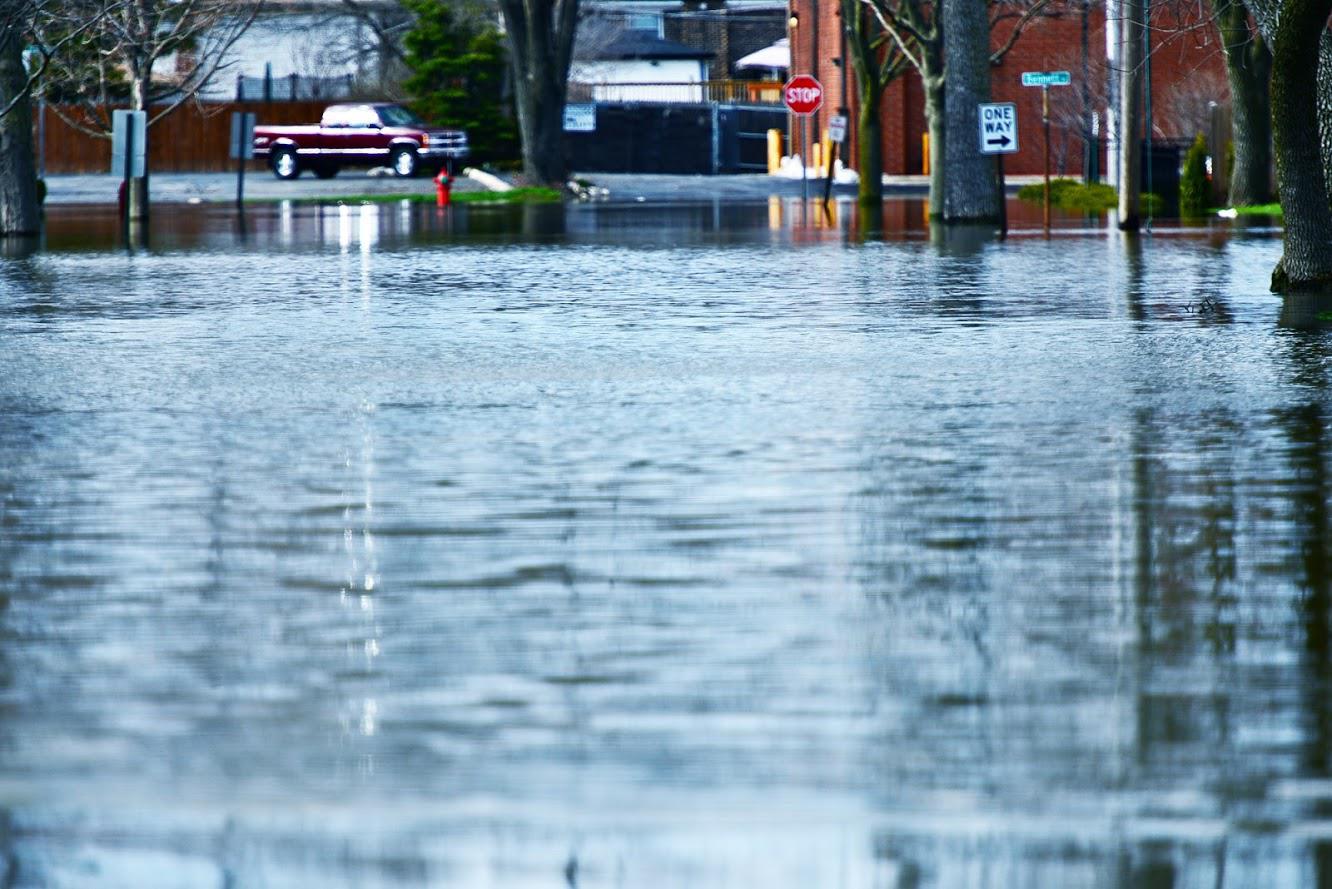3 Common Causes of a Failed Air Conditioning System
- By Admin
- •
- 05 Nov, 2018
- •

If you want your home's temperature to be comfortable and your air quality to be healthy, you need a well-functioning air conditioning system. Unfortunately, these systems experience a great deal of stress, which can decrease their ability to cool and condition effectively. Proper understanding will help you address the problems preventing your system from cooling your home. With this guide, you will learn the common reasons air conditioning systems fail and how contractors can restore your system back to a functional state.
1. Age
First and foremost, you need to know that nothing is meant to last forever. This rule applies to your air conditioning, too. Surprisingly, there are many factors that determine how long your system will last.
The specific time your system will last will depend on how much it is used, the make and model, your local climate, and how well it is maintained.
On average, you can expect the AC system to last around 20 years. In some instances, systems can last up to 30 years while others fail when they are only 10 years old. If your system has reached or passed this average lifespan, consider a replacement today.
2. Lack of Maintenance
Many homeowners feel they maintain their air conditioning systems as recommended, but that is not entirely true. Lack of maintenance is one of the most common reasons an AC system fails.
Replacing the system's filters is one of the most important parts of maintenance if you want your system to run properly for a longer period of time.
Filters clogged with dirt and dust will not allow air to move in and out of the home. This decreases the system's ability to reach your set temperature, which places more stress on the system. Over time, the stress can add up, increasing energy costs and decreasing the lifespan of your system.
Experts vary on their recommendations for when to replace the filters. If the filters appear dirty or discolored, make sure to replace it immediately. However, replacing the filters once a month or every two months is usually sufficient.
In addition to replacing the system's filters, cleaning the condenser and evaporator coils is also a key part of maintenance. If the coils are dirty, air will not move through your system effectively. To experience cleaner air, inspect and clean these coils once a year.
3. Refrigerant Leaks
Freon, or refrigerant, is a crucial part of your system. Without this gas, your system will not only struggle to cool, but it will also struggle to maintain comfortable temperatures inside the home.
If you have a refrigerant leak, you may feel warm air coming out of your vents even when in air conditioning mode.
You may also notice a frosty buildup around your air conditioning unit, connections, hoses, and fan motor. This frosty buildup occurs when the refrigerant leaks out of the system, reacting with the air and freezing on surfaces.
Without enough freon, the system will continue running to reach your desired cooling temperature. This places more wear and tear on the system. The leaking freon will also damage your system's compressor. Without this important gas, the compressor may overheat, cracking in areas, and eventually failing. A compressor can be replaced, but finding the underlying cause of your refrigerant leak is essential beforehand.
If your refrigerant levels are low, contractors should address the leak before recharging the system with more freon immediately. Proper freon levels allow you to cool your home effectively while protecting your compressor from any potential damage.
For AC maintenance, repairs, or a replacement, help is available. Contact AC Service Today for more information.
